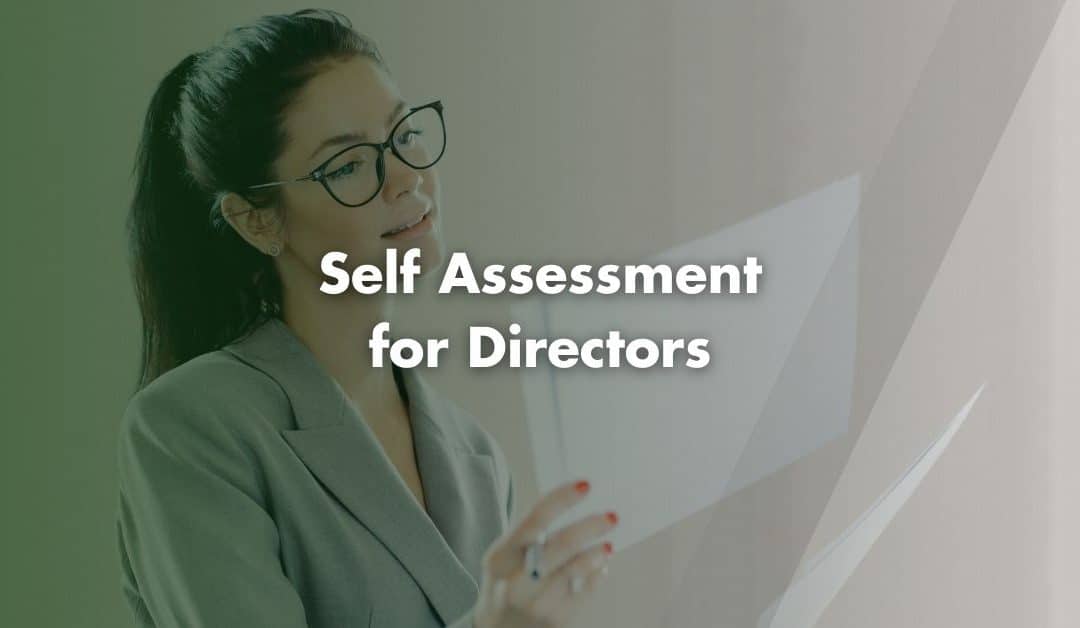Many directors assume that filing limited company accounts and paying Corporation Tax covers everything. However, HMRC treats your personal income separately from your company’s tax affairs. As a result, Self Assessment often applies to company directors. Many directors need to file usually because of Dividends or Director’s Loans.
Self Assessment is the system HMRC uses to collect tax on income that is not taxed at source. Instead of automatic tax deductions, you report your income and pay HMRC directly. When completely a Self Assessment tax return, you must include:
- All taxable income for the tax year
- Any tax already paid through PAYE or other methods
- Any allowances and tax reliefs you can claim
Do Directors Need to Register for Self Assessment?
Directors do not need to register for Self Assessment automatically. The requirement depends on the type of income you receive during the tax year.
You will usually need to register if you:
- Receive dividends from your company or other investments
- Earn untaxed income outside PAYE
- Take money from the company as a director’s loan
- Receive taxable benefits from the company
If HMRC issues a Notice to File, you must submit a return. Even if you feel unsure, an early registration reduces the risk of penalties later.
How Directors Typically Receive Income
Most small company directors also act as shareholders. Because of this, income often comes from more than one source. Each type of income has its own tax treatment.
Salary Through PAYE
Directors can take a salary for their role within the company. If the salary meets or exceeds the Lower Earnings Limit for National Insurance, the company must process it through PAYE. PAYE deducts Income Tax and National Insurance before payment. The company then pays these amounts to HMRC on your behalf.
Dividends as a Shareholder
As a shareholder, you can also receive dividends. The company pays dividends from post-tax profits. Because the company has already paid Corporation Tax, dividend tax rates remain lower than Income Tax rates. PAYE does not tax dividends. Therefore, you must declare them on your Self Assessment tax return and pay any tax due by the January deadline.
Do Directors Need to Include Salary on Self Assessment?
Yes. You must include your salary on your return if you complete a Self Assessment. The return brings all income sources together. This ensures HMRC applies the correct tax bands. The return also shows tax already paid through PAYE. As a result, you avoid paying tax twice on the same income.
Dividend Tax and Self Assessment
Dividend income represents one of the main reasons directors complete Self Assessment.
For the 2024/25 tax year, dividend tax rates are:
- 0% within the Personal Allowance (£12,570)
- 8.75% at the Basic Rate (£12,571 to £50,270)
- 33.75% at the Higher Rate (£50,271 to £125,140)
- 39.35% at the Additional Rate (Over £125,140)
Because there is no tax deduction at source, it helps to set money aside when you receive dividends.
Directors’ Pensions and Self Assessment
Pension contributions can affect your overall tax position. The treatment depends on how the pension scheme operates and how you make contributions. Some schemes deduct contributions through PAYE. Others take contributions after tax, with tax relief added later. In some cases, contributions go in before tax. Before completing your tax return, check with your pension provider.
Benefits In Kind and Director Gifts
Limited companies can provide certain benefits to directors. Some benefits remain tax-free, while others create tax and reporting obligations.
Common taxable benefits include:
- Company cars
- Private medical insurance
- Personal use of company assets
Your company reports benefits on a P11D form. You must also include these benefits in your Self Assessment tax return.
Director’s Loan Accounts
When you take money from the limited company outside salary or dividends, HMRC usually treats it as a director’s loan. If you repay the loan within nine months of the company year end, personal tax usually does not apply. If you do not repay it, tax charges and interest may apply.
You must declare outstanding loans and any beneficial loan interest on your tax return.
Contact Us
Do you have any questions about how the Budget 2025 may impact you? Our team is here to help. We are not just accountants; we are Chartered Accountants with one of the most reputable and premium accounting bodies. We are registered and regulated by ACCA; so you can rest assured that you are in good hands. Knowing this, don’t hesitate to get in touch with us if you require assistance: Pi Accountancy | Contact Us
This article is for general informational purposes only and does not constitute legal or financial advice. While we aim to keep our content up to date and accurate, UK tax laws and regulations are subject to change. Please speak to an accountant or tax professional for advice tailored to your individual circumstances. Pi Accountancy accepts no responsibility for any issues arising from reliance on the information provided.

